The River that Runs Through It
BY GUS HARDY | February 8, 2017
Yesterday evening, on the way back from the local gym that’s happy to let a JV attend for $20 a month, my bike slipped on the Montana ice and I gashed my leg on the cement. As a native Californian used to 80 degree Februarys, the weather here in the farthest reaches of the Northwest has been one of the biggest adjustments of this JV year (which is a lot to say when one considers the nature of the year in question). However, it also provides for more beautiful moments than I can mention, including one today, when, after work, I stood on the bridge that overlooks the Clark Fork River and watched thick sheaves of ice flow down, cracking and melting against each other in the mountain waters.
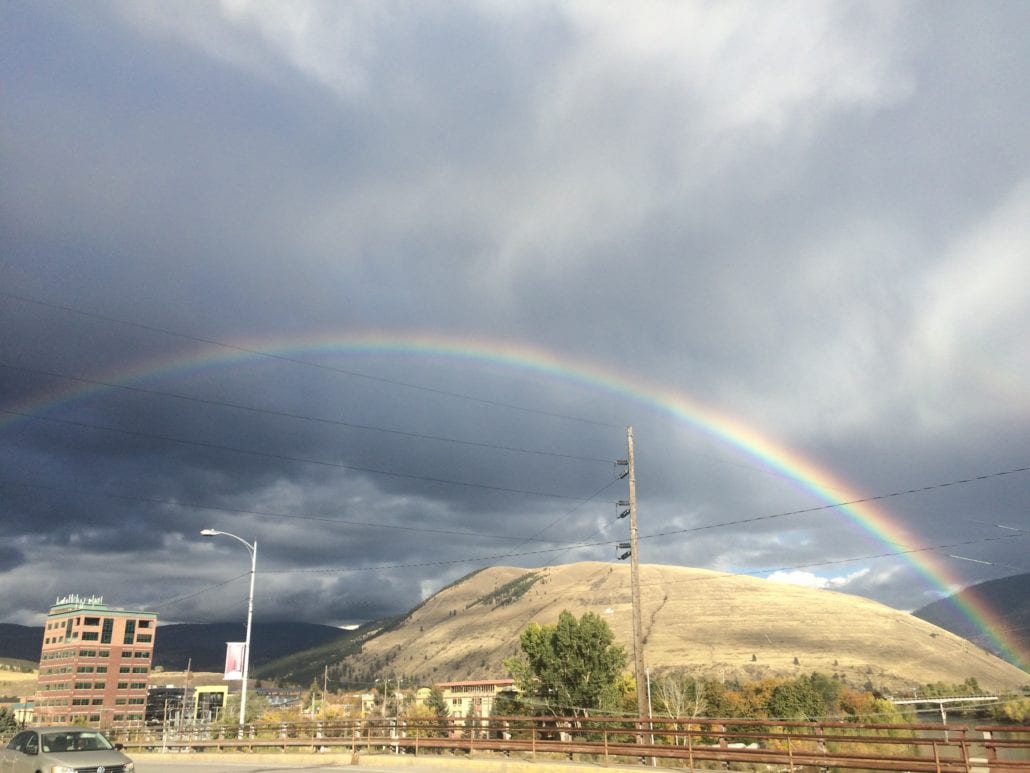
View from the bridge over the Clark Fork River in Missoula
The Clark Fork was one of the first things I fell in love with in Missoula. It’s a wide, shallow river that splits the town right in half, with downtown on one side, the University of Montana on the other, flowing onward to wind and cut across western Montana and Idaho, and finally flowing into the Columbia River. Most nights as I return from a day of service, I like to take my time and wait on the bridge to watch the sunset, feel the breeze, and gaze down the river as it flows to the west from where I stand. Though it won’t wind up there ultimately, I like to think that the river flows west as well, when I consider all of the injustices I see our clients endure each day. All the challenges my clients face, which add up into insurmountable obstacles—challenges such as lacking a birth certificate, sacrificing a job interview at the expense of meeting with a Parole Officer, illiteracy caused by underfunded schools—are not localized exclusively to Missoula, and course throughout every westward site beyond mine.
The service I provide at my placement, the Poverello Center (often called “the Pov”), is more humbling and wearisome than I could have envisioned. Each day, I learn more about how difficult, if not impossible, it is to escape homelessness in America, and how many ways in which you can grow that you’d never wish on another. Plenty of days it feels like I’m dragging myself home, where I know that grilled cheese, blankets, and JV community mates await each other to provide warmth and comfort in the midst of hardship, poverty, injustice, and negative-degree temperatures. The people I serve cry out each day in desperation because their belongings that include important documentation have been stolen, they lack the simplest resources to order an ID or a birth certificate without someone else helping them, and a myriad of other tiny injustices that build up into a vision of a world that is full of struggle, always in opposition to whatever progress to the good that they wish to make. These are the people whose suffering I share, and try and fail to understand.
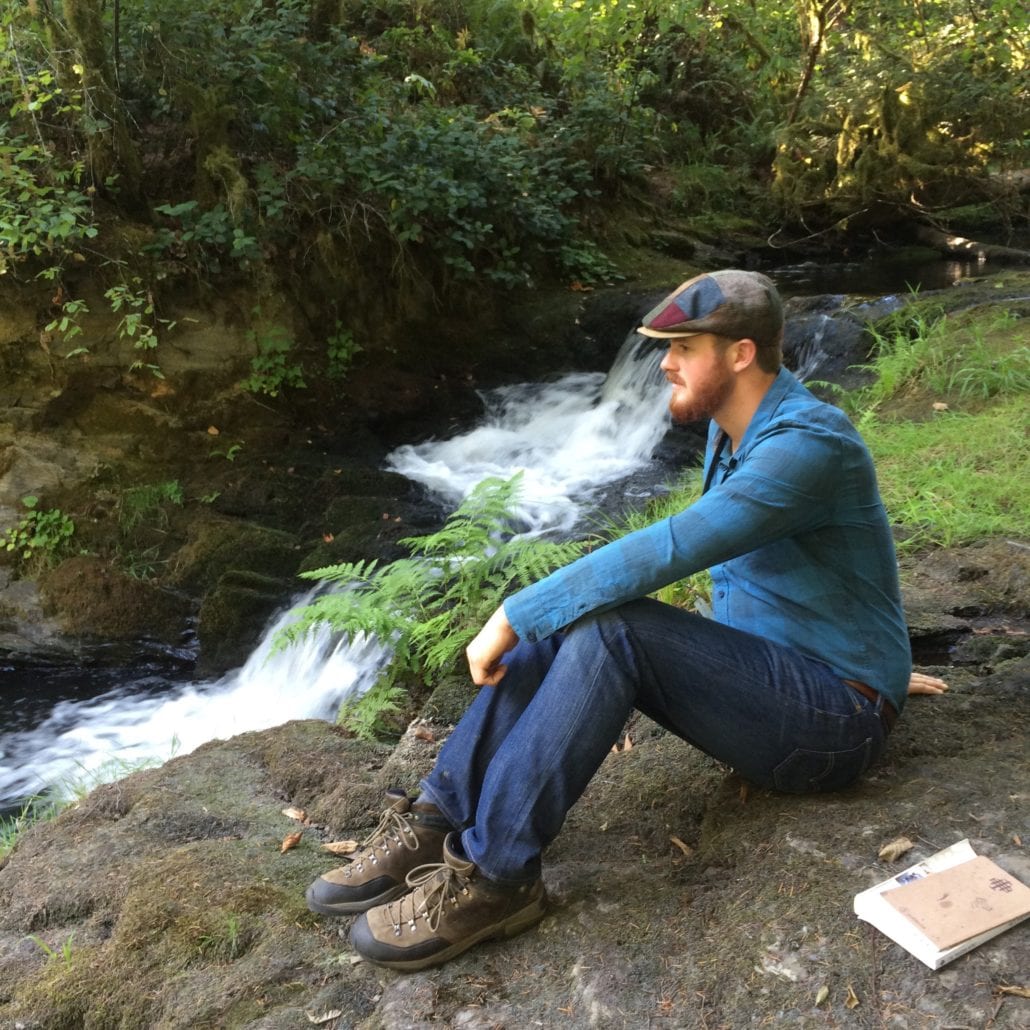
Gus Hardy
On one of these nights of recovery, my JV community mates and I decided to watch Missoula’s definitive movie A River Runs Through It, a good-not-great, well-shot look at what it’s like to grow up in rural Montana. The film’s final line, “Eventually, all things merge into one, and a river runs through it” springs to mind whenever I look down the Clark Fork. Even though this is nowhere near the route the river takes, I imagine that it originates in the East—at Ashland, where JVs serve Native children on the frontiers of our Northwest Territory. It rushes through Billings, cuts under us in Missoula, and, in my mind, shoots south, to Boise, and right by the home of the JVs who serve at Corpus Christi House. It goes up north to Washington, through Wenatchee, Omak, Yakima (and somehow makes it up and around through an Alaskan loop toward the JVs there), and takes a bend at Seattle before bending though Tacoma, Hood River, and ends in Portland—right where we all began our JV year six months ago. And then, no matter how hard the day is, I remember how many brothers and sisters I have serving alongside me, praying, aching, and discerning their way through this year. There are others that they serve—legions of the oppressed whose stories are witness to an unimaginable perseverance and will to live in the face of so much opposition.
And because of the river that runs through it, I smile, knowing that I stand together with thousands as we all march off to fall asleep and do it all again the next day.
Gus Hardy is a Jesuit Volunteer serving as a Community Resource Specialist at Poverello Center in Missoula, MT. He is originally from Berkeley, CA and is a Santa Clara University graduate with a degree in Religious Studies and Political Science.

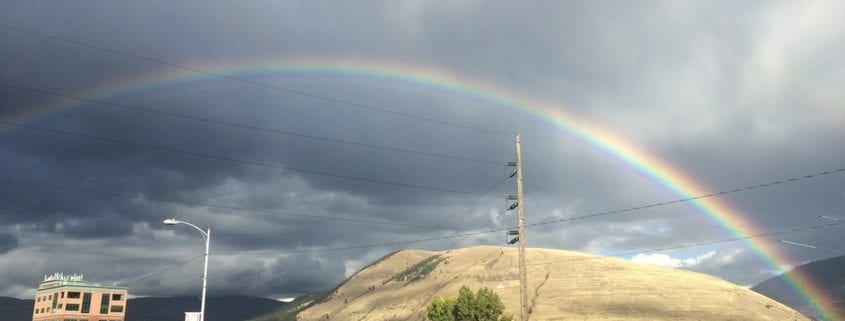

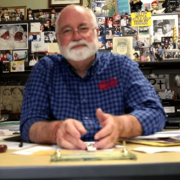
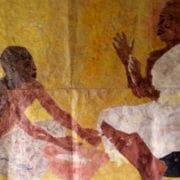

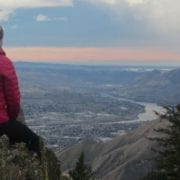



Leave a Reply
Want to join the discussion?Feel free to contribute!